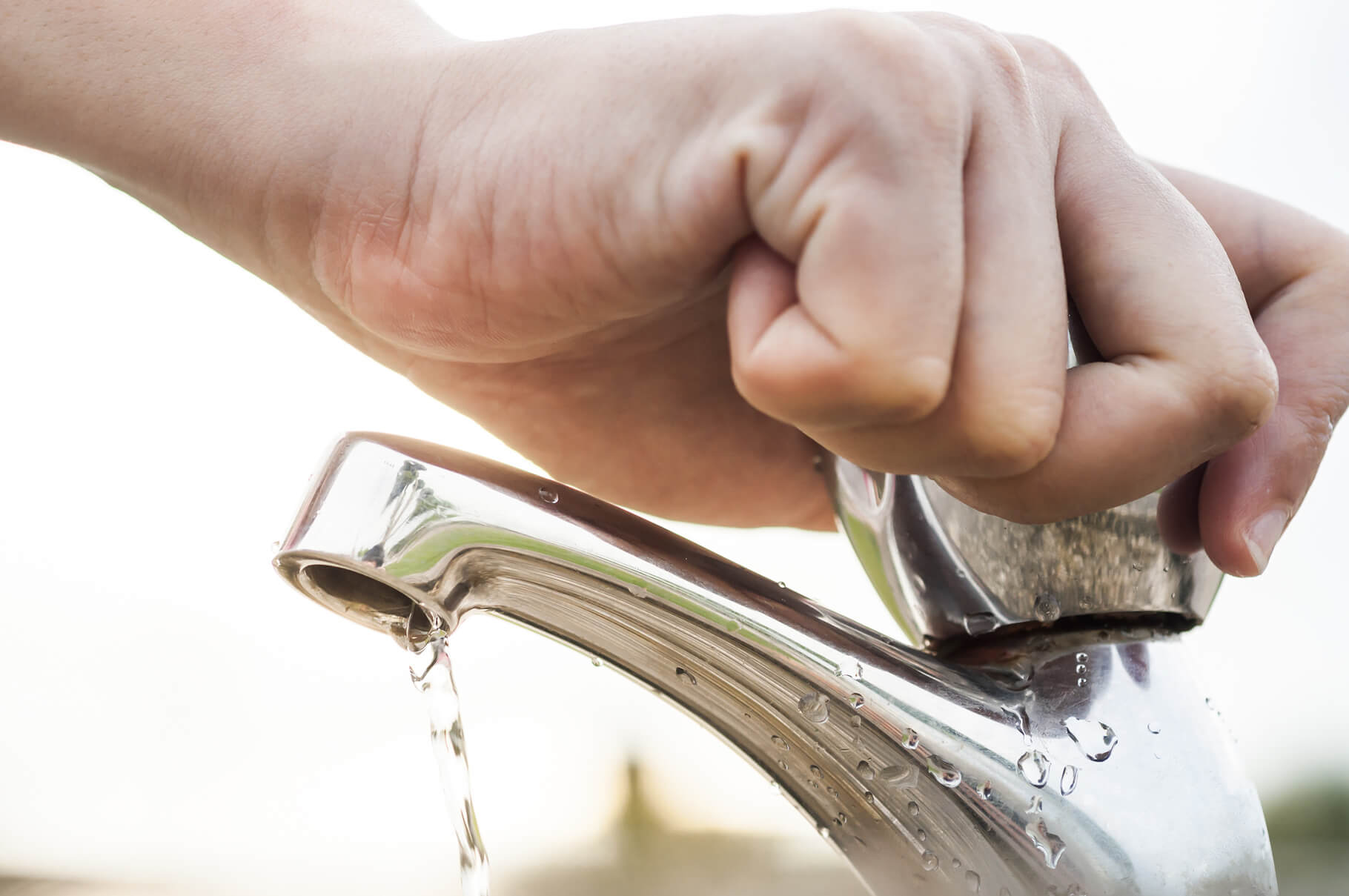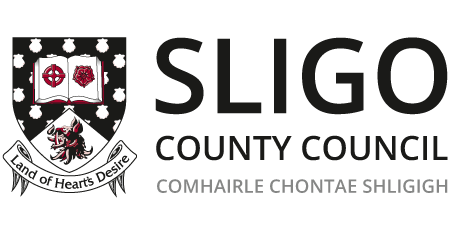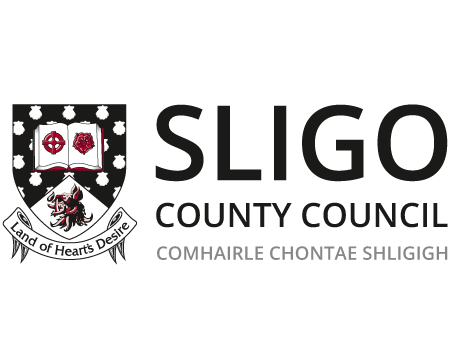Irish Water has confirmed that it is ‘increasingly likely’ that a Water Conservation Order, more commonly known as a hosepipe ban will have to be put in place following increased demand on water and deteriorating drought conditions.
Water Conservation
Water Conservation Order ‘increasingly likely’ as demand for water soars and drought conditions prevail

This comes during the ongoing Covid-19 crisis, when handwashing and hygiene remain critically important.
Two weeks ago, Irish Water, urged the public to choose handwashing over power washing as domestic water usage increased by an average of 20% as more people were staying at home in response to the Covid-19 crisis. Advertisements are currently running on radio and social media advising the public on tips to save water in the garden and in the home.
Now the increased domestic demand and increase in commercial demand as businesses are reopening is being exacerbated by warm weather and the widespread emergence of drought conditions.
Since March Irish Water has been carefully monitoring all of its raw water sources, that is the water from lakes, rivers, springs and ground sources that feed our water treatment plants. Of Irish Water’s 900 drinking water schemes, 16 currently are in drought and 38 are at risk of going into drought. The weather forecast is for continued dry conditions which will exacerbate the situation and Irish Water’s data shows spikes of water usage on very sunny days.
To instigate a Water Conservation Order strict criteria must be met under the Water Services Act 2007. Irish Water needs to be able to demonstrate that ‘a serious deficiency of water available for distribution exists or is likely to exist’.
Irish Water is currently gathering this data and if the current trend continues the likelihood is that a hosepipe ban will have to be imposed. Regardless of the outcome of this process and irrespective of whether a formal Water Conservation Order is in place or not Irish Water is again appealing to all customers to conserve water for essential use.
Speaking about the developing situation, the Head of Customer Operations in Irish Water Yvonne Harris said,
“We are appealing to the public to redouble their efforts in conserving water in the home and in the garden. With so many people staying at home during the Covid-19 crisis, domestic demand for water increased by 20% at a time when our water treatment plants were working at maximum capacity.
“The decrease in the commercial use of water could not off-set the increase in domestic demand. Some of our highest water users include hospitals, food and pharmaceutical manufacturing and data centres, all of which used the same amount of water as normal during the Covid-19 crisis.
“The prolonged dry weather has exacerbated the demand on water. A drought means that the water sources like rivers, lakes, springs and ground water that supply the treatment plants are struggling, so at a time when all of the water we produce is being used, the amount we can produce is under threat in several areas around the country.
“On Saturday, it was warm and sunny in the Greater Dublin Area and Irish Water data shows that the demand on water exceeded all previous levels. The equivalent of water supply for an extra 200,000 people was used in one day in this area alone. However this is not just a Dublin issue, the levels of demand being experienced nationally cannot be accommodated and run the risk of households not having an adequate supply of water for essential hand washing hygiene.
“Imposing a Water Conservation Order is not a measure that Irish Water wants to take but it is increasingly likely that we will have to do so. It is essential that our water supply is protected if we are to avoid restrictions and outages over the coming weeks and months.
“There are lots of helpful tips for conserving water on water.ie but the key things are to leave the hose and the pressure washer in the shed; don’t use paddling pools; reuse household water for the garden; and take shorter showers. Safeguarding the supply of water is essential at this time when handwashing and hygiene is of critical importance. We are calling on everyone to play their part.”

